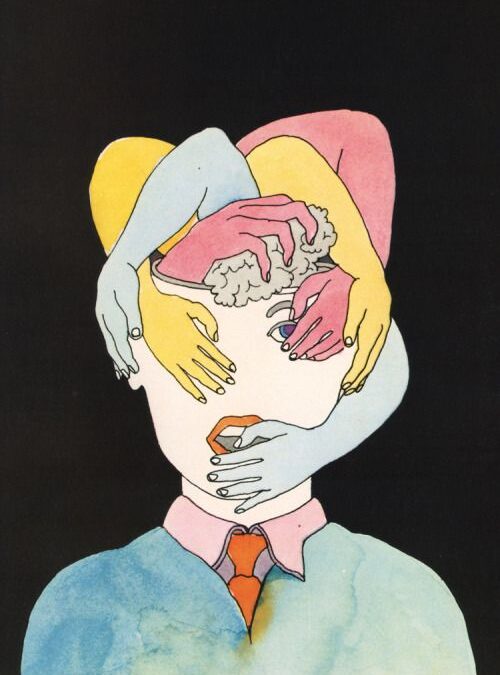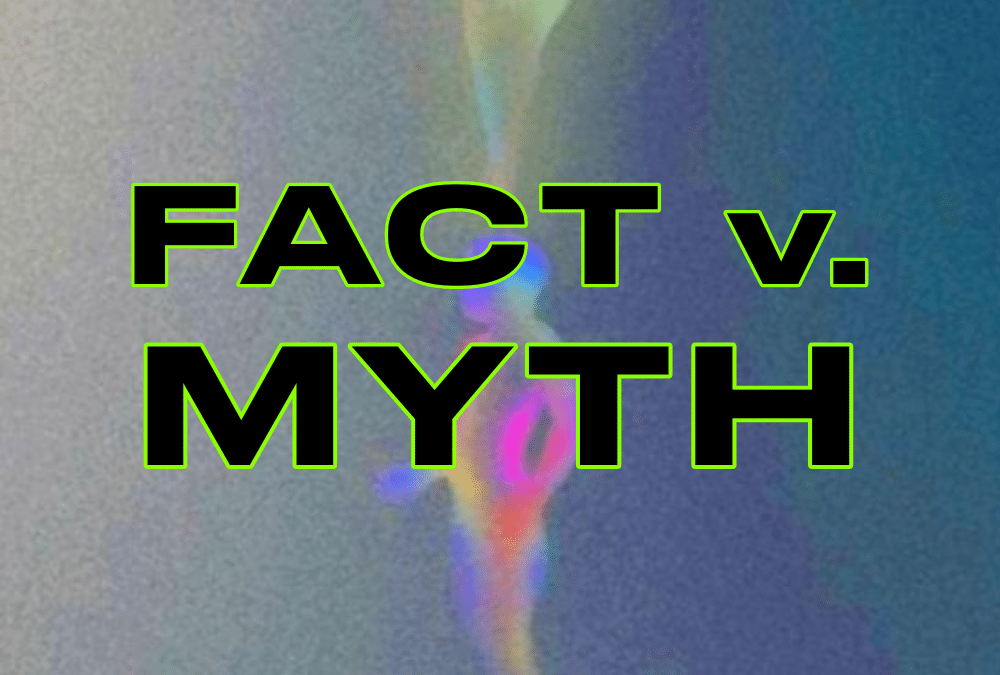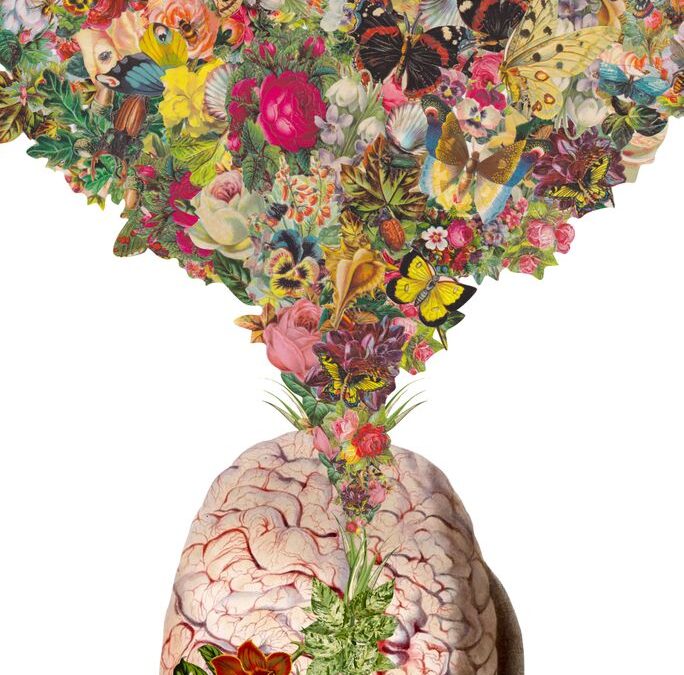
by idgadvertisingold | Mar 23, 2016 | Science, THC
We’ve written several articles on the Cornerstone blog about cannabis and schizophrenia. The association between the two is one of the most fascinating puzzles of cannabis science. What we know is that people suffering from schizophrenia are more likely to use...

by idgadvertisingold | Sep 18, 2015 | CBD, Endocannabinoid System, Science
Critics of medical cannabis use often bring up the association between cannabis use and mental illness. In this context, the implication is almost always that cannabis use is unsafe and can exacerbate or initiate psychotic symptoms in both healthy and afflicted...

by idgadvertisingold | Mar 4, 2015 | CBD, Medicine, Science
For most states with medical cannabis laws, patients are required to go through a screening process once a year to allow access to cannabis. On the one hand, this screening process is not designed to be severe, and realistically, few people are turned away from help...





